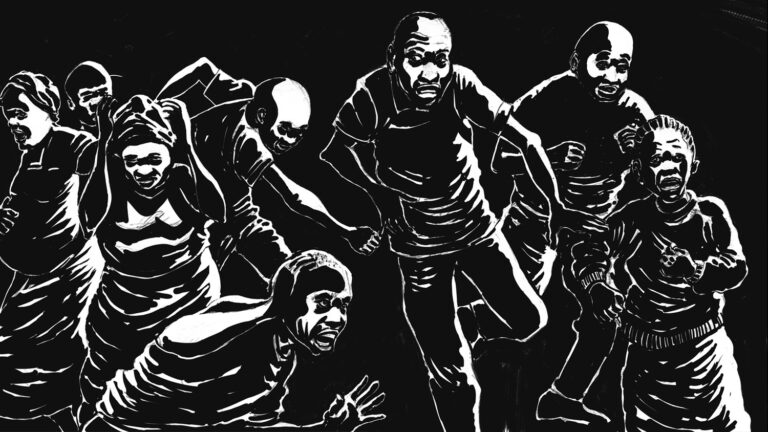Although historical research into twentieth-century theatrical tribunals is widespread, the recurring theme of justice in contemporary performance practices remains largely unexplored. However, an increasing number of twenty-first-century artists have begun relying on structures of the court. By creating theatrical tribunals, these artists try to create a space for an alternative jurisdiction. However, a clear typology of this tribunal genre in the contemporary performing arts is still lacking. This article therefore aims to characterize theatrical tribunals. In the first section, I describe the setting of the courtroom as a theatrical place in which law gets enacted or performed. Following several scholars that already stated the important spectacular aspects of the legal system, I discuss the dramaturgy of the courtroom as a specific dramatic place with its own scenography, script, and dramatis personae. Next, by analyzing the dramaturgy of the courtroom, I distinguish two categories within the tribunal genre: (1) re-enactments of preeminent lawsuits that heavily rely on twentieth-century documentary practices and (2) performative pre-enactments of futuristic trials that have not yet been held or cannot be held because of systemic shortcomings. Finally I examine how contemporary theatrical tribunals could contribute to the enlargement of public knowledge on historical and contemporary examples of injustice, and whether they could obtain effective changes in our societies.
Articles by Steff Nellis
Steff Nellis graduated in 2019 with a Master's in Theatre and Film Studies from the University of Antwerp. He is currently working as a PhD student and assistant in the department of Art History, Musicology and Theatre studies at Ghent University where he is studying the theatricality and idolatry in rituals and religious ceremonies in the early modern world. Recently, Steff has written articles for magazines such as Documenta, Forum +, Etcetera, Photogénie, Panpoëticon Batavûm, Lexicon van de Jeugdliteratuur, and Fons. He also collaborated on the book publication Tijdelijk (2018).
